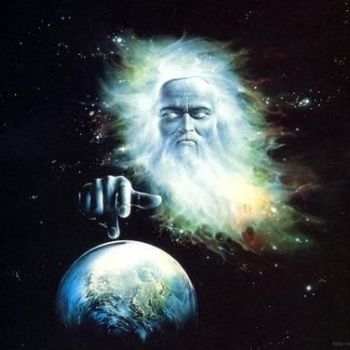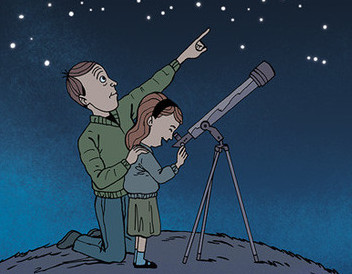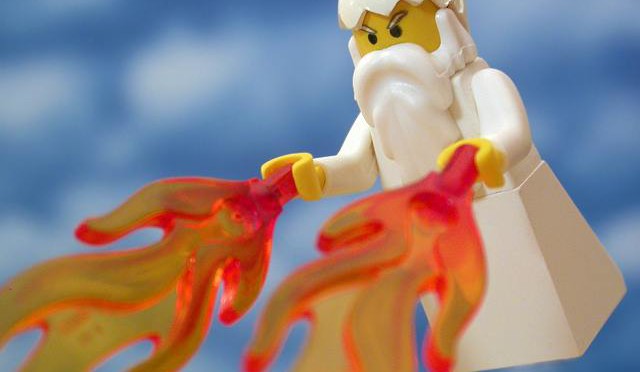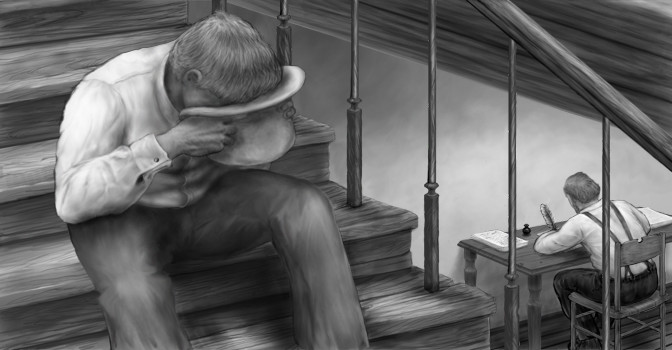Is God willing to prevent evil, but not able? Then he is not omnipotent.
Is he able, but not willing? Then he is malevolent.
Is he both able and willing? Then whence cometh evil?
Is he neither able nor willing? Then why call him God?
— Epicurus (maybe)
You are God. Omnipotent. You also have a beloved creation, human beings, for whom you would like to create a universe. You also want to test the humans. You want to see if they will behave, even if they aren’t sure you’re watching.
What does your universe look like?
Mine? It consists of a single world. The world provides it’s own light and warmth. No need for an external source. No need for stars, galaxies, or potentially deadly and harmful comets and meteors. One self-sustaining and beautiful planet.
The planet, let’s call it Ceti Alpha 6, also grows unlimited food, and provides unlimited clean water everywhere. Most of the planet consists of dry land upon which my creation can spend their time.
Wait. Why does my creation need food and water? I’m omnipotent. Ok. Now humans no longer require food, water, or air. The planet only provides warmth and light.
Wait. Why does my creation need warmth and light? I’m omnipotent. Ok. Now humans no longer require food, water, air, nor warmth, nor light. They can experience and interact with one another without it.
My planet has no tectonic plates. Not earthquakes. No volcanoes. Humans can live everywhere, not just on 1/3 of the planet. No meteors to worry about. No fights over necessary resources like food, clean water, etc.
Now, every human is born with a “tattoo” on their inner arms of my commandments. Everyone is born perfect. No birth-defects. No mental defects. Ceti Alpha 6 has no disease. No cancer. No parasites. No deadly animals.
Being omnipotent, and omniscient, I know the exact moment at which any of my humans has truly chosen to break one of my commandments. If they do, I simply blink that individual out of existence, and wipe the memory of them from every other individual. Each person still has perfect agency, but a choice to use that agency to cause suffering only affects the evil person. No external suffering need exist.
Of course, if I am omniscient, maybe this whole “test” thing is unnecessary and superfluous. If I know who will be good and who’ll be evil, maybe I needn’t bother. Or, hey, maybe I just shouldn’t have created evil humans in the first place.
That seems much less nonsensical.
“Once you believe anything is possible, everything is possible.”









